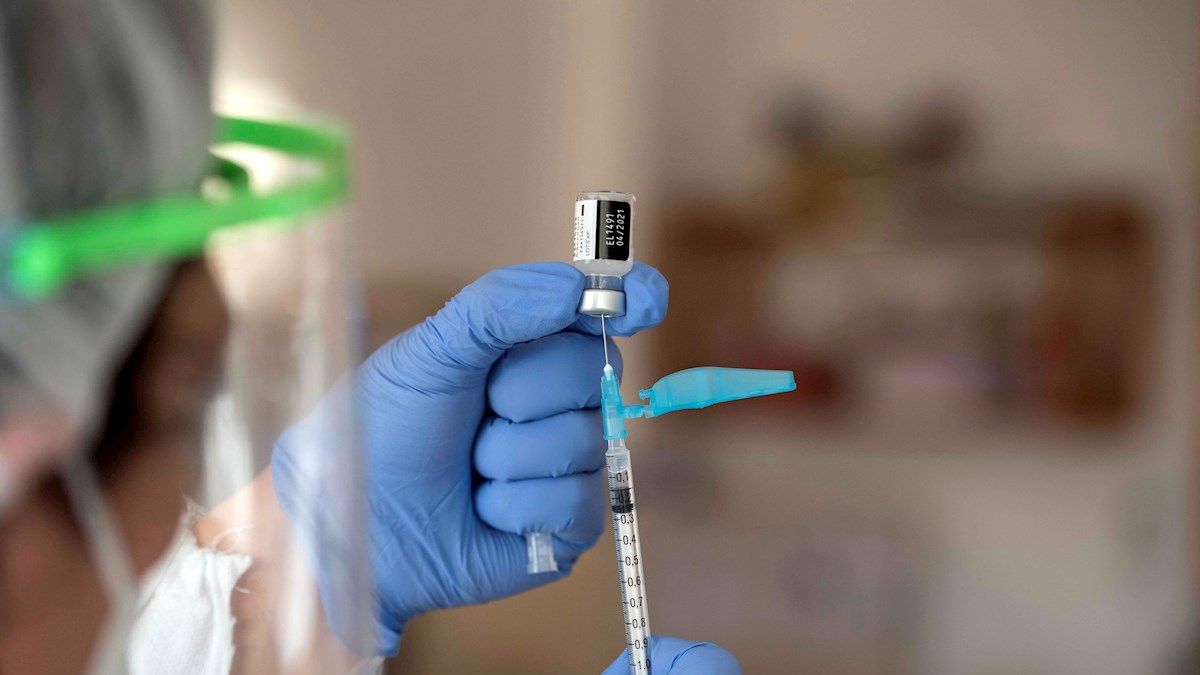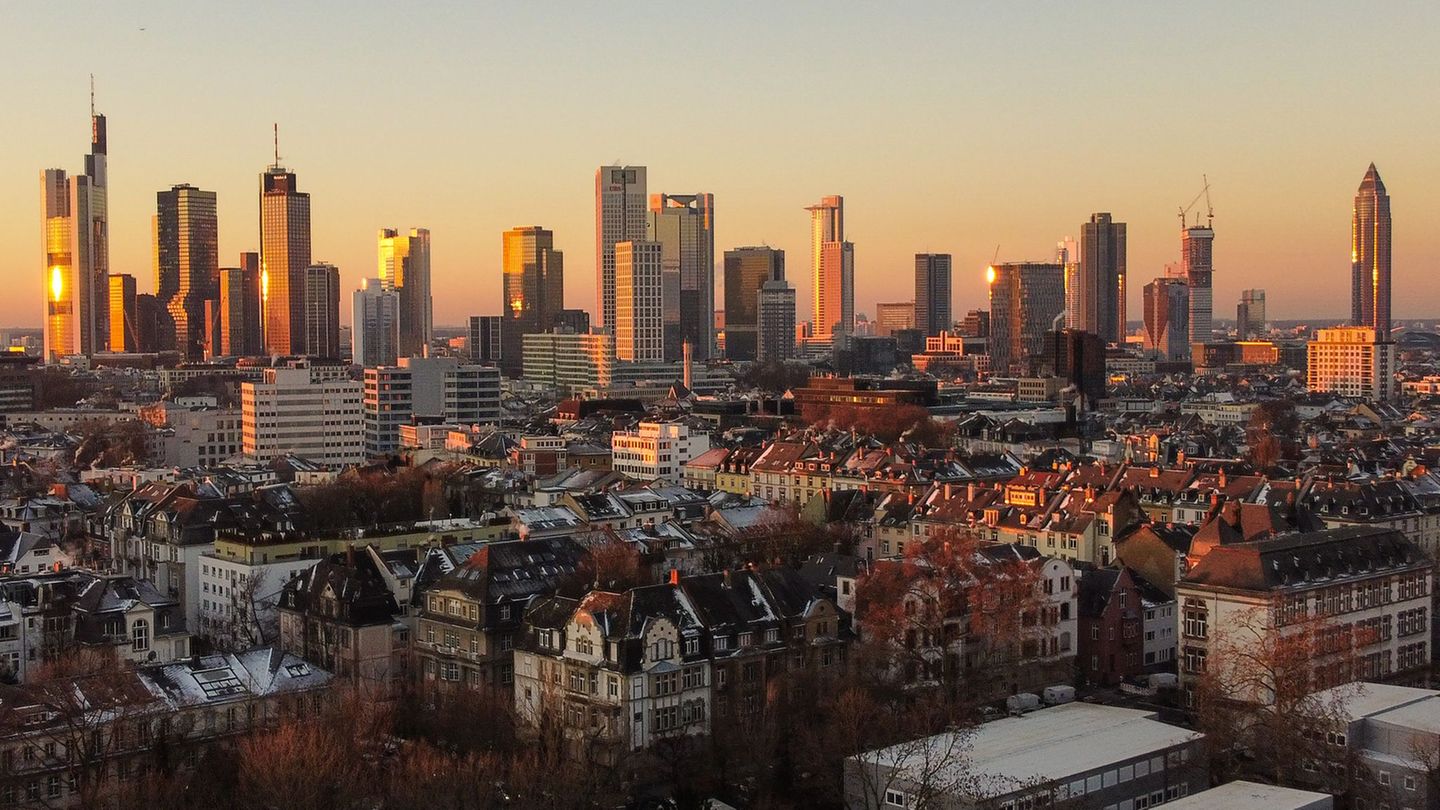Here, then, are two main actors in the lived tragedy: governments and people. There are two more. One of them is laboratories. Shortly after the pandemic was known, they began to develop vaccines and managed to do so in record time. They also produced in record time and supplied millions of doses around the world. The other actor is the World Health Organization (WHO)
If we look back now, it is clear that, among these four actors, he is the one who has done the least and has achieved the least. In these last two years, none of us can probably say how the actions of the WHO have impacted our lives. For better or worse, people have done it, governments have done it, and so have laboratories.
But every bureaucracy has, at least, the impulse to do something, starting with a meeting, always in a nice place and in a five-star hotel. This is what the WHO has done. What can come out of such a meeting? Well, a proposal to generate more bureaucracy. So, The WHO now plans to develop what it calls a “historic global agreement” on “pandemic prevention, preparedness and response.”
The WHO Director-General has presented this new initiative saying: “The COVID-19 pandemic has brought to light the many flaws in the global system for protecting people against pandemics: the most vulnerable people are left without vaccines; health workers do not have the necessary equipment to do their life-saving work; and “me first” approaches hamper the global solidarity needed to deal with a global threat.”
Well, then, he accepts the inefficiency of governments, but there is something to rescue: “However, at the same time we have witnessed inspiring demonstrations of scientific and political collaboration, from the rapid development of vaccines to the current commitment of countries to negotiate a global agreement that helps keep future generations safer from the effects of pandemics.”
Namely, there is a positive contribution from companies, from the private sector, and a positive contribution from governments that will come, perhaps at some point in the future, and perhaps it will be of some use.
In the midst of this search for “global coordination”, some initiatives are mixed up in the discussion that would put at risk precisely what has worked so well, that is, the development of technology and the production of vaccines. Thus, some member states want to introduce in this “historic global agreement on prevention, preparation and response to pandemics”, the dilution or removal of intellectual property rights that are behind the development of vaccines against Covid, which , in the name of equitable access, would make technology developed and patented by others available to local manufacturers, without undertaking any license or arrangement with the owner of the technology.
Regardless of the conceptual opinion that may be held about the system, the truth is that it produced what was needed: reliable and rapidly produced vaccines. What’s more, he did it in record time. Getting involved now to weaken that would only bring distrust for the change in the rules of the game and would destroy the agreements that have already been made and are working, for the production of vaccines by third parties, who receive the technology and multiply the offer.
Indeed, if governments want to do something, what they could well do is dismantle all barriers to trade in medical and pharmaceutical products, thus allowing faster and cheaper access, especially for the poorest sectors of the population in all our countries. countries. The WHO could also collaborate to harmonize health regulations in the countries and thus facilitate these exchanges.
We do not better prepare for the next pandemic by weakening those who were most efficient in getting us out of it.
Source: Ambito




